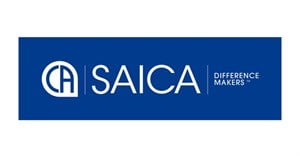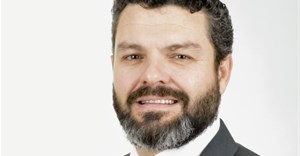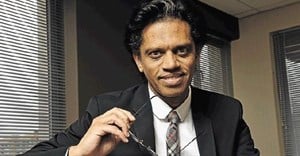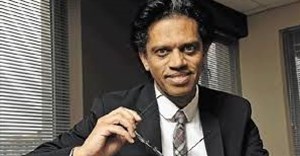
Subscribe & Follow
Jobs
- Dealership Creditors Clerk Pretoria
- Debtors Clerk Cape Town
- Accountant Bronkhorstspruit
- Internal Auditor George
- Senior Accountant / Financial Manager Pretoria
- Cost Accountant - CIMA CPT - Southern Suburbs
- Senior Bookkeeper/Accountant/Assistant Financial Manager Cape Town
- SAIPA Accountant George
- Qualified CA(SA) Johannesburg North
- Junior Accountant Riversdale
IRBA revises training programme to strengthen auditors' role
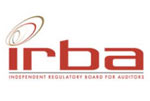
In 2015, the IRBA will begin roll-out of its Audit Development Programme (ADP), which will have the RA designation become a separate, post-professional accountant specialisation requiring further audit-specific education, training and assessment - a format that is already accepted in comparable countries including England, Australia, Canada and Hong Kong.
Under the existing model in South Africa, individuals who have completed the education and training programmes in public practice, and have written the final assessment of professional competence - the Public Practice Examination (PPE) - are qualified to obtain both the Chartered Accountant (CA (SA)) and RA designations.
Additional requirements
Practically speaking, CAs (SA) wishing to specialise as auditors will now have to complete an additional 18 months, and 1500 billable hours of audit and assurance work, as well as fulfil various competency requirements in a registered auditing firm.
"Although previous requirements were adequate for that time, it is our responsibility to ensure that the process to qualify auditors continues to enable them to be in a position to provide the high-quality services expected by the public. Auditing remains a dynamic industry and to operate in such a specialised environment means that we need continuously to assess best practices to keep the qualification at the edge," said IRBA CEO Bernard Agulhas.
While South Africa has been ranked as number one for the strength of its auditing and reporting standards for three consecutive years (World Economic Forum's Global Competitiveness Report), a lack of appropriate skills and transformation concerns may well negatively impact on the number of qualified auditors in the country. The new format ensures that South Africa is able to maintain its leadership position in audit and assurance by further developing the specialist knowledge and skills of its auditors. This ensures that auditors remain equipped to respond to the changing environment and needs of investors and other stakeholders.
Impact on foreign direct investment
Agulhas said that maintaining South Africa's global standing in the audit and assurance profession is vital as this perception of trust directly impacts on foreign direct investment and, consequently, on economic growth.
Importantly, the new model also requires prospective auditors to develop skills in non-technical areas, such as leadership, stakeholder relations and other behavioural competencies, which will result in an individual not only possessing the required technical skills, but also those which have become a necessity for promoting business and best business practices.
This means that the RA has a vital role to play in today's finance sector or any other sector in which the diverse skills of an auditor can usefully make a difference, in areas such as governance, transparency, the fight against corruption and overall improvement of entities' internal control and reporting systems.
The role of auditors, therefore, extends beyond conducting statutory audits of company financial statements to a broader level of specialist services. Developing the skills to deliver such services is embedded in the process to qualify such highly skilled individuals.
"As a responsible regulator, the IRBA must always bear in mind its mandate to protect the public by promoting and upholding accountability within organisations and society, and this is what we have set out to achieve through the ADP," concluded Agulhas.












